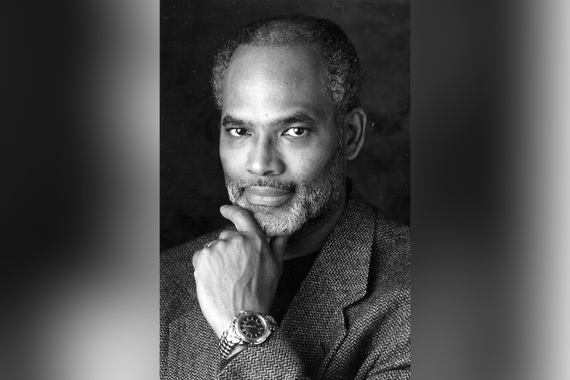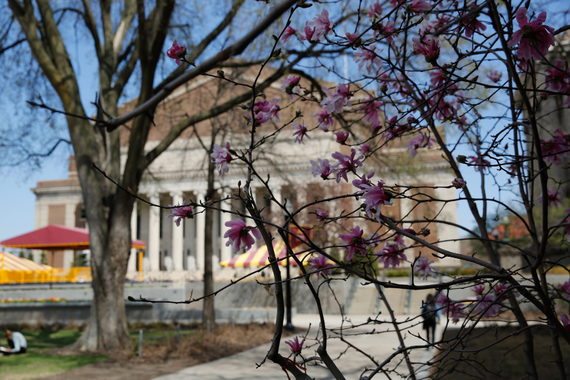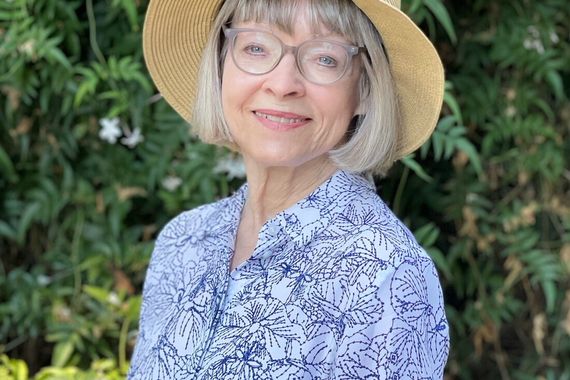The place of the university in unsettled times
I’d like to start by thanking the Provost for organizing this forum and for the inspirational comments made by my co-panelists. Where I will enter this discussion is by talking a bit about the educational and research missions of the university and their connection to our topic today.
Let's think first about education.
The university ensures that each of our undergraduate students is grounded in liberal education. There are many ways to think about this grounding, but I will highlight two aspects of that education.
First, liberal education builds our capacity for empathy. Over the past weeks, we’ve been hearing the word empathy frequently. At this morning’s wonderful annual equity and diversity breakfast, several of the speakers mentioned the importance of empathy.
Much of what we do in the liberal arts, for example, is trying to see the world through others’ eyes – people different from me, people in the past, people of other cultures and countries, the artist, the characters in a play or novel, consumers, voters, those facing economic or psychological challenges, and so on.
This work is happening in liberal education across the campus. The student preparing to become a teacher needs to develop the skill of seeing the world through the eyes of a diverse group of students. The design student is learning to take a user-first approach to understand how a wide range of individuals interact with technology and what best meets the needs of those individuals. This kind of thinking is developed elsewhere across campus as well.
Seeing through the eyes of others is critical in nearly every occupation, it is essential to thriving communities and functional democracies, and it plays a key role in sustaining a social compact. When we see through the eyes of others, we question our assumptions, challenge our beliefs, and develop new ways of thinking. The liberal education at the heart of the university’s undergraduate experience at its best teaches us to act toward others with empathy, humility, and respect. This doesn’t mean we don’t have strong views or that we necessarily agree with how others view a situation, an issue, or a choice, but we understand what they are bringing into those situations. That also helps us see where there are untapped areas of potential connection and collaboration and mutual understanding.
In addition to empathy, liberal education builds imagination. Our students are encouraged to consider questions such as: How do we want to live? What do we value? How do we become our best individually and collectively? What is a productive life? What provides opportunity? What helps communities thrive? What policies and practices best promote the goals and values we choose to prioritize in our communities, in our democracy? The university, at its best, develops the generations of future leaders who ask those questions, who understand the cultural and institutional challenges to addressing the questions, and who imagine the ways to overcome those challenges.
What about our research and engagement missions?
In research and engagement, the university, particularly a public land grant university, has a responsibility to build the social compact by working closely with various communities on issues important to them, whether education, health, economic development, crime, or other concerns. We should be, and in many ways are, a center for public discourse on these issues and in directly engaging with communities on these issues.
It is important that we don’t assume that we know what these issues are without listening first. When we are critiqued for living in a bubble on college campuses, that is at least part of the critique, that we assume we know what matters to various communities and, perhaps more arrogantly, that we know what should matter to them. We need to live out that empathy that liberal education fosters.
Despite our best efforts, there are some ongoing trends in our society where our research seems to fall short. By that I mean the research may help us understand the trend, but it hasn’t yet given us the insight to change those trends.
Just to identify two that come up frequently in my areas of research. By many measures we are becoming a more polarized society politically and, perhaps to a lesser degree, ideologically. We are growing apart geographically, for example. In 2016, over 50% of the counties in the United States had an election outcome that was 20 or more points different from the national average. In 1980, it was about 10 percent of the counties. So the chances increase that we interact primarily or exclusively with those who think like us, and that may increase the chances we stereotype or demonize people who we do not meet. Our research doesn’t yet tell us how to overcome this problem.
A second area where we’ve done the research but are unsure how to shift the trends is what has been described as the erosion of civil society. That is, the weakening of those institutions between the individual and the state, such as social and professional clubs, membership organizations, churches and so on. There’s disagreement in the research, but there’s at least an argument to be made that these institutions played an important role in bringing people together, sometimes across social, demographic, and political lines, to work on shared interests and pursuits. The idea that these institutions played an important moderating and integrating role bridges scholars on the left and the right. Through scholarship, we understand how these intermediary organizations have changed. We are less sure if the trend can be reversed, and what might be the potentially unintended consequences of doing so.
I suggest these two points about research as challenges, not as insurmountable obstacles. I have a great deal of confidence in what we do in our research mission. Through that research, I believe, we will be able to discern ways to restitch the social fabric that has become frayed, even if the old methods and institutions have faded or failed. Joining that research mission to the empathy that liberal education builds is a profound and powerful combination, one that puts the university in a place of making vital contributions to sustaining the social compact.


